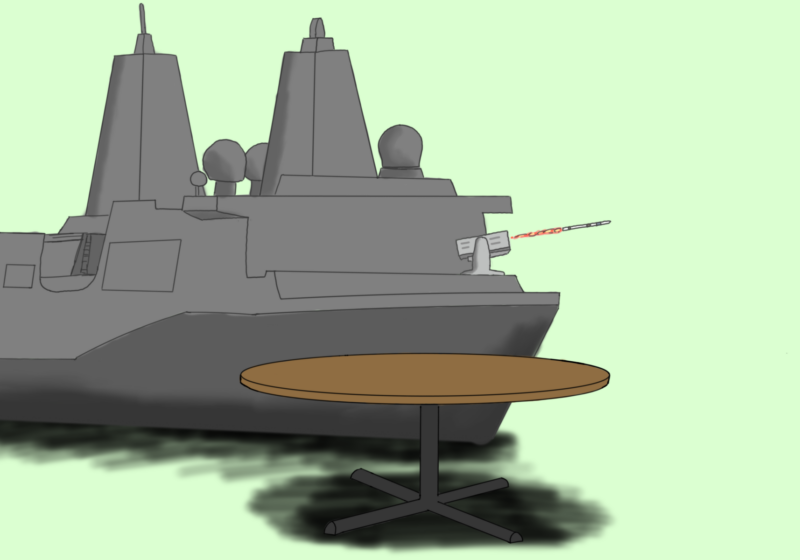UR has recently created a new “unethical behavior” hot line. According to the “Currents” Web site, the hot line “augments the existing channels” through which unethical conduct can be reported, like “an individual’s supervisor” and the “Office of Human Resources.” The purpose of the hot line is to enable “individuals [to] report any suspicious behavior that may jeopardize the integrity of the institution such as noncompliance with laws and regulations, violations of professional standards of practice, business ethics, conflicts of interest, research fraud, or a breach of patient confidentiality.” The hot line was “once dedicated to reports concerning the Medical Center noncompliance, [but now] the hot line number is now available for University-wide use.” The site promises that the hot line is “completely confidential, and individuals who call may remain anonymous,” with the caveat that “employees who intentionally and maliciously make false accusations will be disciplined in accordance with University policy.” The hot line is “an outside, dedicated line.” Calls “are not recorded, and the caller’s number cannot be identified.” The number for the hot line is 756-8888.New ‘Taste of College’ program tried by URAthough you might not be aware of it, people in your classes that you think are just youthful looking might actually be high school juniors and seniors. The “Taste of College” program is offering enrollment in courses from “the university’s standard curriculum” to 11th and 12th graders with “a ‘B’ average or better,” according to the program’s Web site. The site encourages the high school students to “get a head start on your college education.” Students who enroll in the program are assured that they will “attend classes with full-time undergraduates” and “study with top-notch faculty members.” The Web site advertises that students who take regular college classes while still in high school will “gain experience and an extra boost of confidence before enrolling in college full time.” In addition, the Web site says “they explore subjects not offered in high school or take advanced courses in areas that interest [them] most.” The courses will also serve to “clarify the next step in your education” and help students “find out if college is for you by sampling college-level courses and spending time on a college campus.” The courses “may fulfill high school requirements” and “may be transferable to other colleges and universities.” Students have the option of attending spring or fall semester courses in the day or evening. They are also allowed to either take the courses for credit or simply audit them. To take a course for credit, the cost is $1,880 for a four-credit course and $940 for a two-credit course. To audit a course, it is $348 for a four-credit course and $174 for a two-credit course.Off-campus Senate seat filled in last weekThe Students’ Association Senate held a special election in order to fill the open off-campus seat. Andrew Hall, a sophomore and current president of Grassroots, faced no formal opponents and was elected with 12 votes.”I hope to bring some new ideas here and continue to move the Senate forward to help the university community,” Hall said. “I look forward to experiencing and being a part of group debate and public policy initiatives which are discussed by the Senate.”Reporting by John McVay and Jeff Keesing.
anti-tank system
Quick lesson on claiming tables
The process of claiming a seat during meal time rush hours can be quite the hassle. If done incorrectly, it can result in you not having a place to sit or even worse — death.
Class Council
Students’ Association releases Fall 2024 election results
With new additions to the 2028 Class Council and Senate, UR’s Students Association has welcomed new members as a result of the Fall 2024 Elections.
coffee
Pit introduces new coffee machine
Frequent visitors to Wilson Commons’ Pit might have noticed a new addition: a self-service coffee machine.




